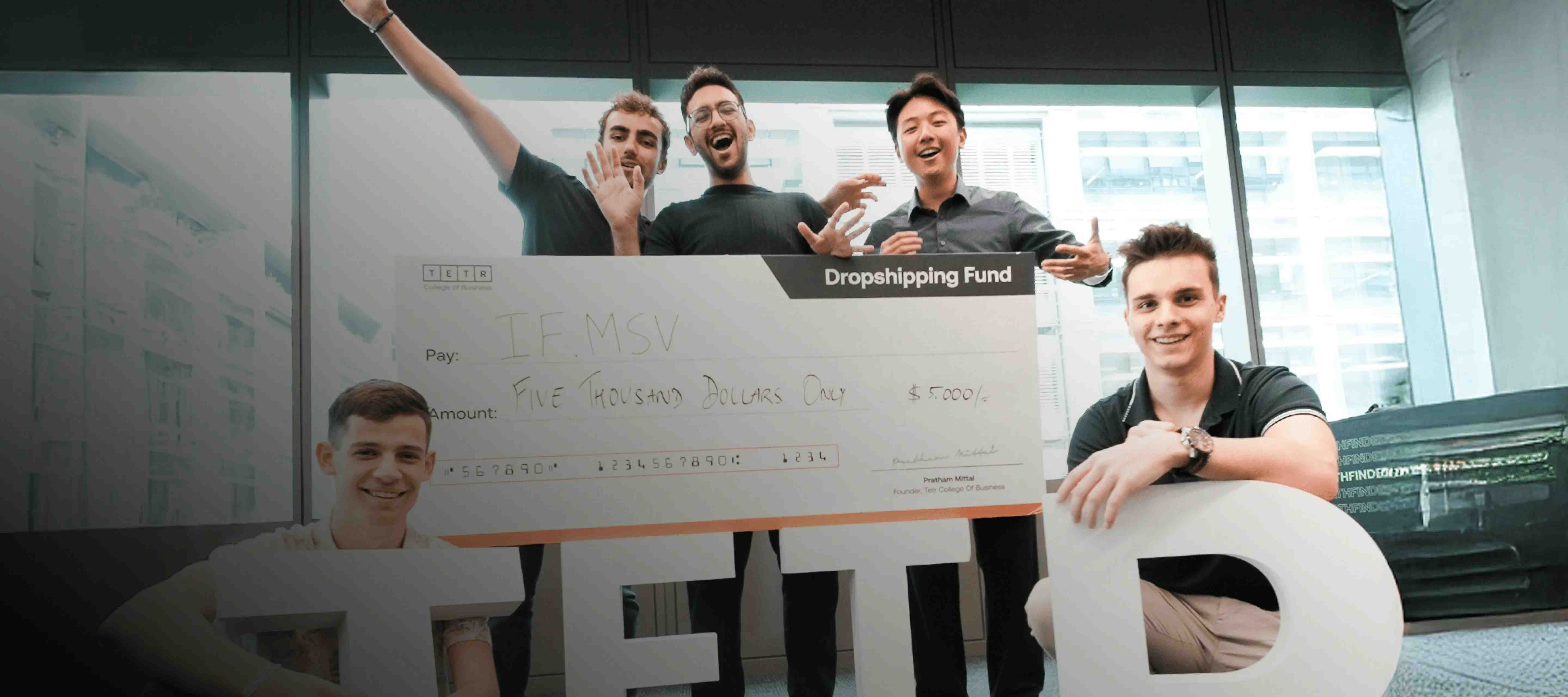It has been a year since I wrapped up a research project on child development. At the time, I thought I knew a lot about the impact of neglect on children. But the truth is, I didn’t. Like many students, I assumed reading, memorizing, and writing equated to expertise. That changed when I spent a summer volunteering at a social center for children in Croatia, working with children from disadvantaged backgrounds.
There, I learned from psychologists, social workers—and most importantly, the children themselves. Their lived experiences reshaped my understanding and gave true meaning to everything I had previously studied in theory. I realized then: I didn’t want to spend four more years confined to traditional classrooms. I wanted to learn by doing, by engaging with the world.

Why Traditional Universities Fell Short
As I researched universities, I found myself uninspired. Most programs felt outdated—locked into rigid academic structures that no longer reflect how knowledge is best absorbed. Historically, education was experiential. People traveled to Paris for art, Milan for fashion, Vienna for music. But modern universities have largely ignored that legacy in favor of standardization.
I didn’t think I’d find a university that fit my desire for an immersive, global experience—until I discovered Tetr College of Business.
The Tetr Difference: Learning Business by Doing Business
After receiving offers from top U.S. and European institutions, I made the bold decision to reject them and join the first cohort of Tetr College of Business. Why? Because Tetr doesn’t just teach business—it immerses students in real-world, international business environments.
In the next four years, I will study in Dubai, New Delhi, Singapore, New York, Rio de Janeiro, Accra, and Milan. Each location is tied to building actual businesses relevant to local markets—from D2C brands in India to fashion ventures in Milan. We’ll learn from Ivy League professors and global experts in the field, including partnerships with faculty from institutions like Wharton and London Business School.
This is business education reimagined for a changing world. If you’re curious about how these markets intersect with global events, you might enjoy our related article on Operation Sindoor and the India-Pakistan Ceasefire.
Creating Global Leaders, Not Just Graduates
Coming from Poland, I’ve often observed how Polish entrepreneurs rarely scale globally. Tetr’s pedagogy focuses on creating global business leaders, not just local success stories. Studying across continents will allow me to build meaningful connections in eight distinct markets—connections that are invaluable for any aspiring entrepreneur or strategist.
The Road Less Traveled: Challenges and Rewards
Yes, the path is demanding. Adapting to new cultures, new environments, and new business climates every few months is no easy feat. But this challenge is also the reward. You grow when you step outside your comfort zone. And Tetr ensures that we’re constantly engaging, experimenting, and evolving.

Day One: Transformation Begins
Even before my first semester began, I started connecting with incredible professionals through masterclasses and interviews. I helped organize a London meetup for Europe Cycle admits where I met my future professor, Davide Turi, Tetr Director Tarun, and the founder, Pratham. Their insights were deeply motivating and reinforced my conviction that I had made the right choice.
Tetr has already pushed me to think critically, build creatively, and question everything. In a world where AI threatens to replace routine jobs, it’s human skills—like relationship-building and innovation—that will define future success. Tetr invests in those skills from day one. If you’re interested in the future of work, don’t miss our analysis on Top Career Skills in the Age of AI.
A Call for Change in Higher Education
We need to rethink what university is meant to be. It shouldn’t just teach us to conform—it should empower us to lead. It should cultivate creativity, structured thinking, and global empathy. That’s the education Tetr offers, and that’s why I chose this journey.
I encourage anyone reflecting on their educational future to ask: what do you want your learning to feel like? If the answer is dynamic, international, and deeply connected to the real world, then maybe Tetr College of Business is your answer too.
The best is yet to come.